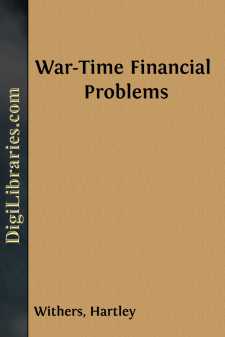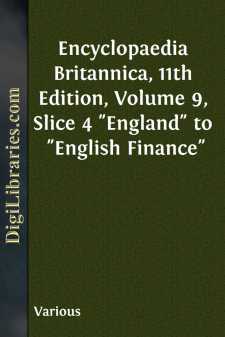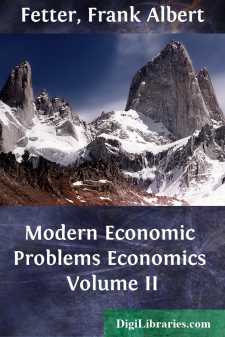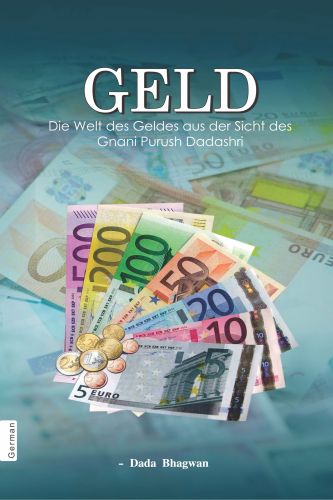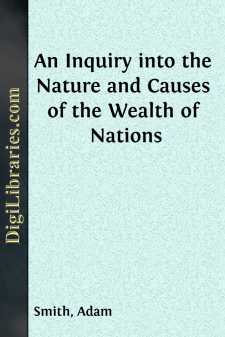Categories
- Antiques & Collectibles 13
- Architecture 36
- Art 48
- Bibles 22
- Biography & Autobiography 813
- Body, Mind & Spirit 142
- Business & Economics 28
- Children's Books 17
- Children's Fiction 14
- Computers 4
- Cooking 94
- Crafts & Hobbies 4
- Drama 346
- Education 46
- Family & Relationships 57
- Fiction 11829
- Games 19
- Gardening 17
- Health & Fitness 34
- History 1377
- House & Home 1
- Humor 147
- Juvenile Fiction 1873
- Juvenile Nonfiction 202
- Language Arts & Disciplines 88
- Law 16
- Literary Collections 686
- Literary Criticism 179
- Mathematics 13
- Medical 41
- Music 40
- Nature 179
- Non-Classifiable 1768
- Performing Arts 7
- Periodicals 1453
- Philosophy 64
- Photography 2
- Poetry 896
- Political Science 203
- Psychology 42
- Reference 154
- Religion 513
- Science 126
- Self-Help 84
- Social Science 81
- Sports & Recreation 34
- Study Aids 3
- Technology & Engineering 59
- Transportation 23
- Travel 463
- True Crime 29
War-Time Financial Problems
by: Hartley Withers
Description:
Excerpt
I
THE OUTLOOK FOR CAPITAL
September, 1917
The Creation of Capital—The Inducement—War and Capital
One of the questions that are now most keenly agitating the minds of the investing public and of financiers who cater for its wants, and also of employers and organisers of industry who are trying to see their way into after-the-war conditions, is that of the supply of capital. On this subject there are two contradictory theories: one considers that owing to the destruction of capital during the war, capital will be for many years at a famine price; the other, that owing to the exhaustion of all the warring powers, that is, of the greater part of the civilised world, the spirit of enterprise will be almost dead, the demand for capital will be extremely limited, and consequently the supply of it on offer will go begging to find a user. It seems likely that, as usual, the truth lies somewhere between these two extreme views; but we shall best answer the question if we first get a clear idea of what we mean by capital.
On the subject of the definition of capital, economists differ with all the consistency that they only show in differing. One of the earliest descriptions of capital was given by Turgot, who thought that capital meant "valeurs accumulées." In this wide sense the word covers all goods which have value, that is, can be exchanged into other goods. From this point of view, the schoolboy who invests sixpence in marbles is a capitalist, because he has bought an asset which is not immediately consumed, but can, later on, if his fancy urges him, be exchanged into white mice or any other object of his desire. On the other hand, the schoolfellow who at the same time spends sixpence on cherries and eats them has put his money into immediate consumption, his asset is digested, and he has no capital in any sense of the word.
Later, the definition was narrowed by John Stuart Mill, for instance, into the sense of wealth set aside to increase production. From this point of view capital practically means the equipment and tools of industry in the widest sense of the word, including agriculture and transport. Lately economists have shown a tendency to go back to the wider application of the word, and an American economist, Dr Anderson, who has just published a book on the Value of Money, goes so far therein as to state that a "dollar is capital." The language of the City generally uses the word in the narrow sense adopted by Mill, and there is very much to be said for this view of the real meaning of capital. Marbles to play with, houses to live in, motor-cars to go joy-riding in—all these are assets which can be disposed of, and so, in a sense, may be called capital. But the businesslike meaning of the word is the tools and equipment of industry, because it is only by their possession that the wealth of mankind not only increases man's present enjoyment, but enhances his future output of the goods necessary for his existence.
If we take the word in this sense it becomes at once apparent that the theory is exaggerated which maintains that war is destroying capital, so that capital will long be at a famine price....


